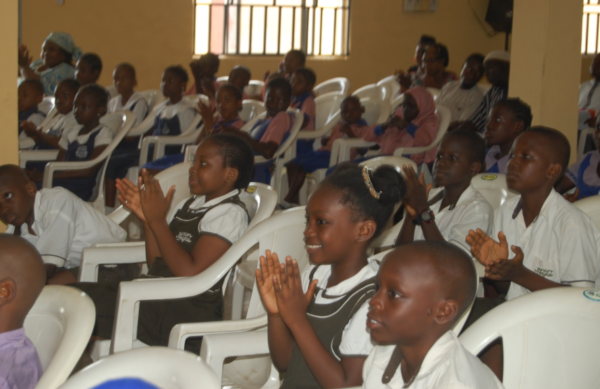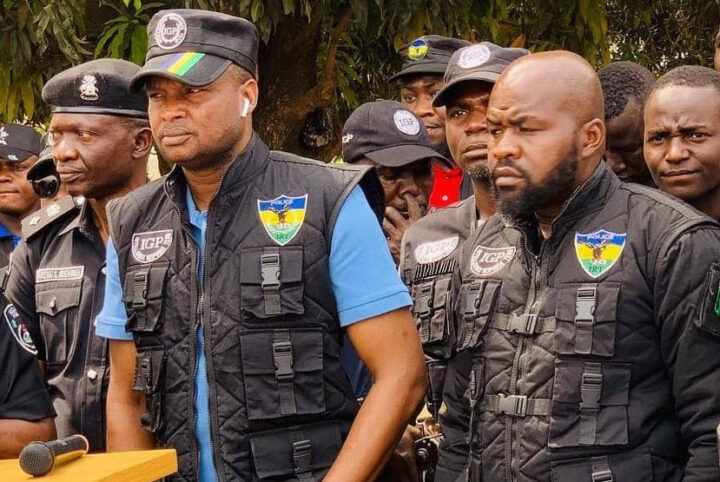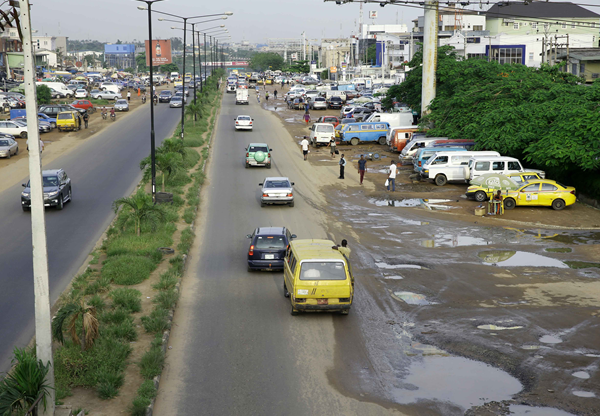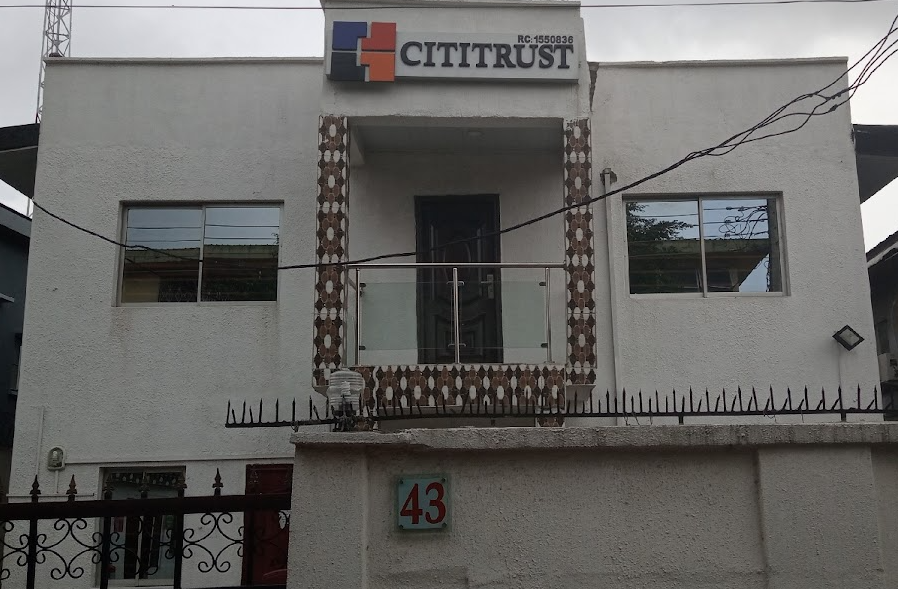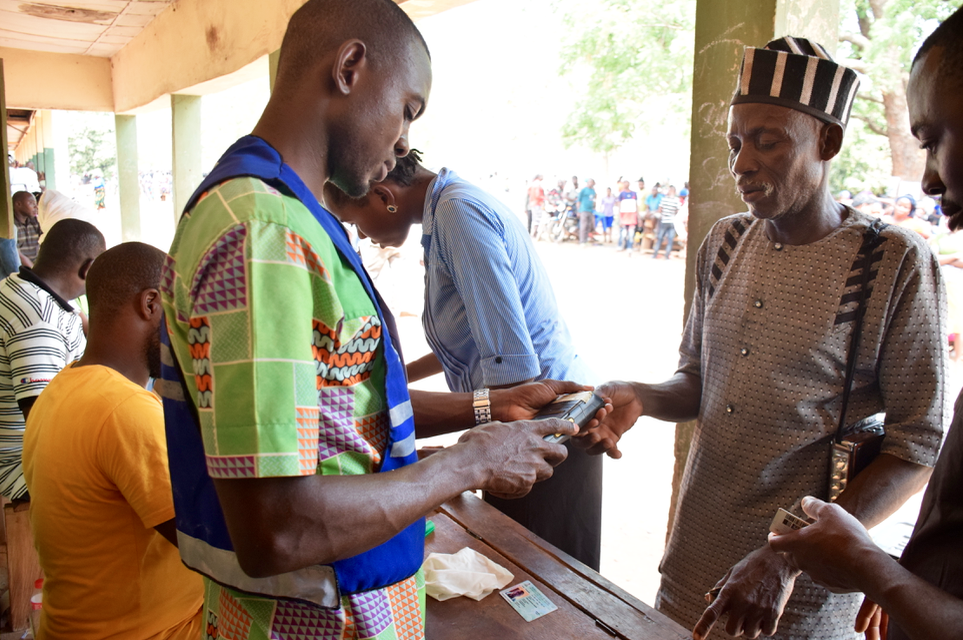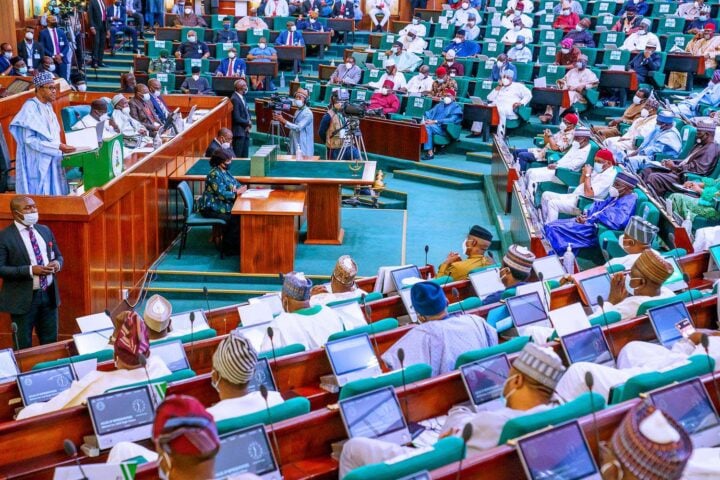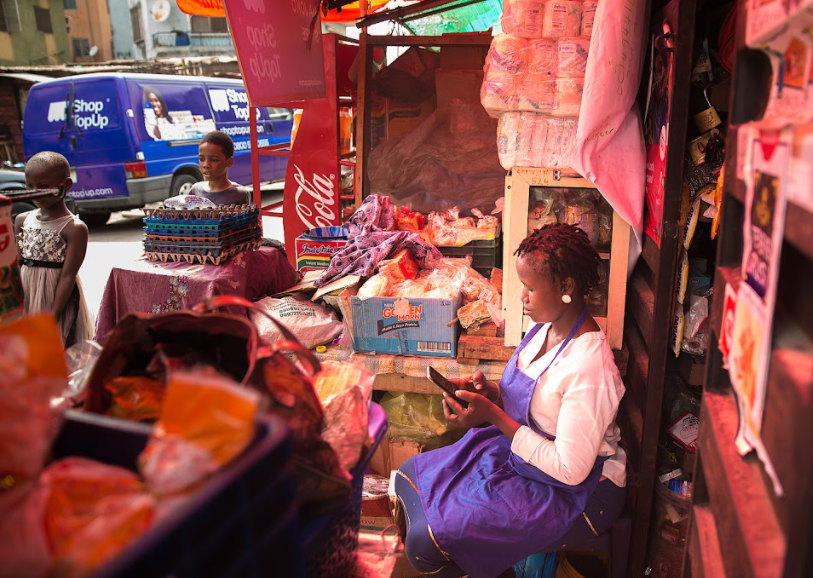BY DORCAS JUDE
In the last two months, primary school teachers in the FCT have declared strike action twice. In December 2021, they embarked on a one week strike and again in January 2022. Their demands however have remained the same, to wit: implementation of teachers’ arrears from 2014-2018, implementation of 2020 and 2021 annual salary increments, implementation of 24-month federal government approved minimum wage arrears and the upgrade of qualified teachers. Reports in the news suggest that the relevant government authorities have come out to say that they are working towards meeting the striking party’s demands, however, since January till now, no headway has been reached and the children who attend government primary schools are still at home, while their counterparts in private schools are learning and getting ahead. This could not have come at a worse time as schools are still yet to fully bounce back from the disruption of the academic calendar caused by the COVID-19 lockdown.
There is thus no telling the implications of this new disruption on the school calendar and the educational system as a whole in Abuja. With the common entrance examination scheduled for April fast approaching, if something is not done swiftly, children in government schools may not be able to sit for the exams like their contemporaries in private schools. If this happens, the effects would be heartrending, to say the least. Not only would it affect children and parents personally, it may also create a backlog in government primary schools and make for a very awkward atmosphere in these schools. And if the exams are rescheduled, which is most likely what will happen if the strike is not called off on time, there is no conceivable way that teachers and pupils can make up for all the lost time and lessons not taught or learnt. Bearing this in mind, no one can blame government primary school pupils if their performance in the common entrance this year is below par.
This situation is especially saddening as one would expect that with the place of education as a forerunner to societal development and primary education which especially is a major component of the sustainable development goals, the government of the FCT would be more proactive in resolving issues affecting the educational sector when they arise, rather than let the same issues linger for extended periods of time.
Advertisement
At least, if not for the sake of these teachers who are saddled with the enormous responsibility of ensuring that the future generation is adequately equipped with the knowledge and character required to not only excel in their chosen careers, but also to contribute to society’s development, then the government should resolve the issue as quickly as possible for the sake of these future leaders whose time is currently being wasted and future academic success threatened by idleness and the feeling of discouragement that may come as a result of this on and off schooling.
Recently, there have been reports of children idly roaming the streets since this strike; children who should have been making constructive use of their time in school. Not only is this counterproductive for them, but it also poses danger to their wellbeing. Considering how play-engrossed children can be, they may become victims of hit and runs and other accidents on the road. Also, with all this free time, which will most likely be devoid of adequate adult supervision, as many parents and guardians would be going about their jobs and daily economic activities, if parents do not put modalities in place to ensure that their wards are mentally stimulated and engaged in learning activities at home, the saying “an idle brain is the devil’s workshop” might begin to ring true in the lives of these children.
Furthermore, with the penchant for excessive playing which is a major feature of childhood, it again falls on the parents and guardians to ensure that their children do not play at the expense of forgetting all they had previously learnt in school. Else, we can expect to see a drop in the general academic performance after this strike and not just those of the graduating class. But let us face it, how many parents with wards in government primary schools can truly afford to pay for private tutors, E-learning options or electronic gadgets that can help keep their children mentally engaged? It is a known fact that most children in government primary schools come from poor or lower middle-class families. This is why there have been accusations that the powers that be were treating the issue at hand with levity since they themselves can afford to send their kids to pricey private schools.
Advertisement
Another category of persons who are a cause for some special concern in this unpalatable state of affairs is the girl child in rural communities of the FCT. In some rural communities, it is not uncommon to see girls being passed over for education in favour of their brothers as educating females is still not considered a necessity by families in these communities. Thus, when strikes become incessant and prolonged, these girls can become easily discouraged, cave in to the pressure and abandon schooling altogether. And then, there is the issue of girls reaching puberty while in primary school which can make them become targets for molesters. If these girls are not constructively engaged, protected and enlightened, they may fall prey to sexual predators. Some may turn up pregnant and unable to continue with school. Others may even be married off by their parents and never get the chance to go to school again. So this strike which is literally wasting their time and disrupting their chance for an education could not be any more unwelcome.
Although, one can empathise with the government considering the state of the country’s economy, resolving this pressing challenge is of utmost importance and should be given precedence. It is our hope and prayer at Hipcity Innovation Centre that the demands of the teachers will be met or some viable agreement reached speedily, in order to ensure that our children are back in school before any more irredeemable time is lost.
Conclusively; it is worthy of mention to say that the original inhabitants of Abuja whose children constitutes the majority of the primary school population in the FCT are the most affected and the incessant strikes further set the people back and puts them at risk of remaining educationally disadvantaged and backward for longer and this shouldn’t be. The global goals advocate that no one be left behind as such we call on the government to speedily resolve the pending issues between the labour group and itself so our school children can return back to their classrooms and not the street or farms.
Dorcas Jude works with HipCity Innovation Centre Abuja, an organisation with a mission to reduce all forms of inequalities in Nigeria and Africa.
Advertisement
Views expressed by contributors are strictly personal and not of TheCable.
Add a comment
